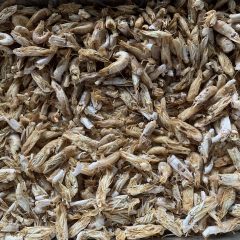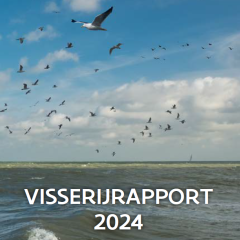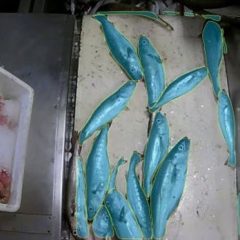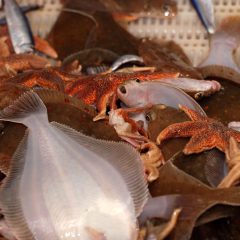Research project Data capture in vessels for reduced CO2 emissions
DIGIVloot
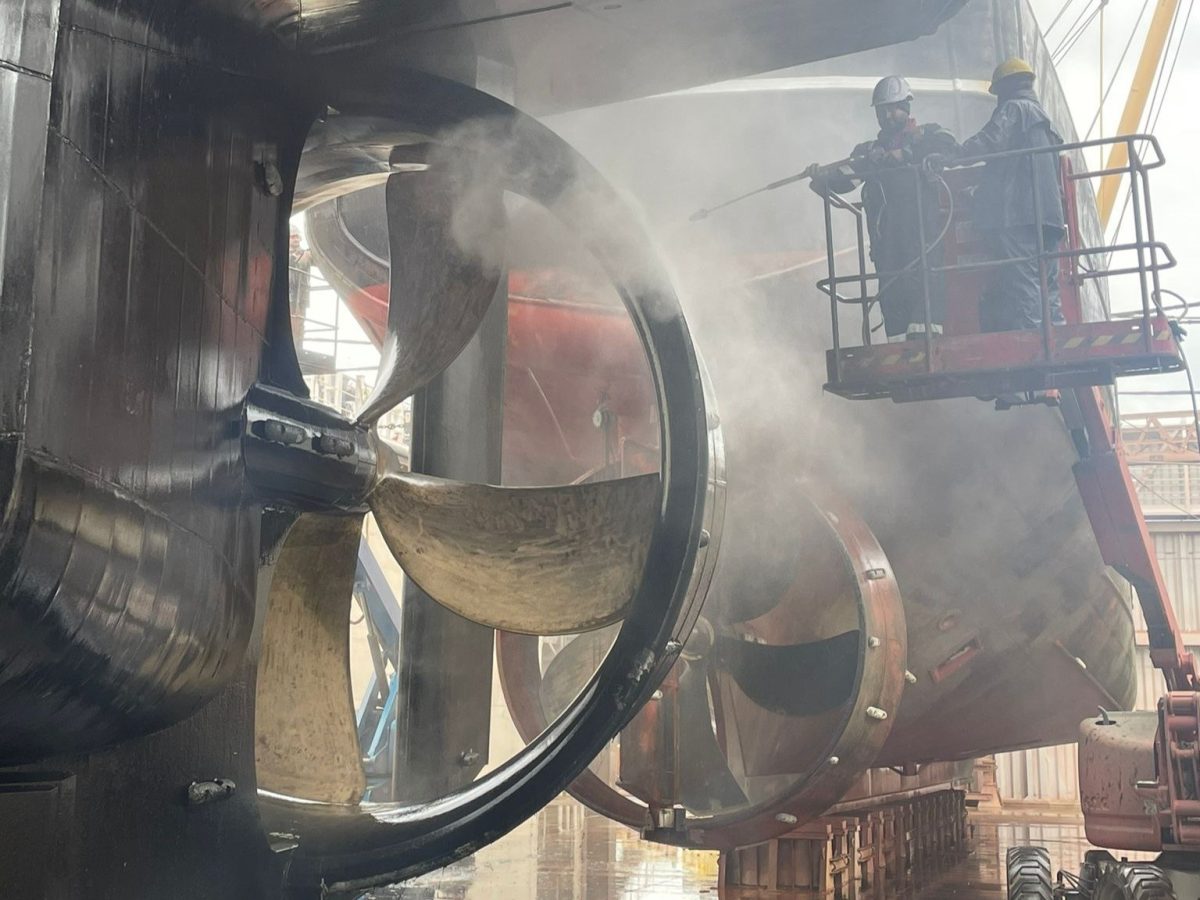
General introduction
This project aims to expand the current VISTools system. Fuel meters will be installed on the main and auxiliary engines of 37 vessels, along with torque meters on three vessels. With the additional data, the most interesting ratios and visualizations will be developed, which will in turn be fed back to ship owners in the form of the enhanced VISTools Analytics dashboard and fuel reports. The data also contributes to the further development of a fuel efficiency and catch prediction model. Additionally, the data is utilized to establish a baseline measurement of the fuel consumption of Flemish fishing vessels. This serves as the foundation for developing recommendations to reduce the fleet’s carbon emissions.
Research approach
The fuel and torque meters are installed on the participating vessels and connected to the concentrator, which then sends data to ILVO where it is stored and processed. In addition to these automatic data streams, the ship owner is also required to provide data on technical modifications that impact fuel consumption. The ship owner can input information about the type of fishing gear, net configuration, profession and maintenance activities through a web app. This enables the study of the effects of these decisions on fuel consumption. These insights are shared with participating ship owners through updated visualizations and ratios. Periodic fuel reports will also be generated. The data is ultimately used in the development of a fuel efficiency model, catch prediction model and baseline measurement for further research on reducing carbon emissions.
Relevance/Valorization
A direct and practical application is expected: the VISTools system has the potential to make high-resolution, real-time information accessible to various end-users (skippers, ship owners, researchers and policymakers). To achieve this goal, additional data needs to be collected, the database infrastructure must be adapted and relevant ratios and other data should be made more easily accessible for different end-users. The end goal of this project is to have a reliable system that can be used by the entire Belgian fishing fleet and lays the foundation for further research into more efficient fuel consumption and the reduction of carbon emissions.



